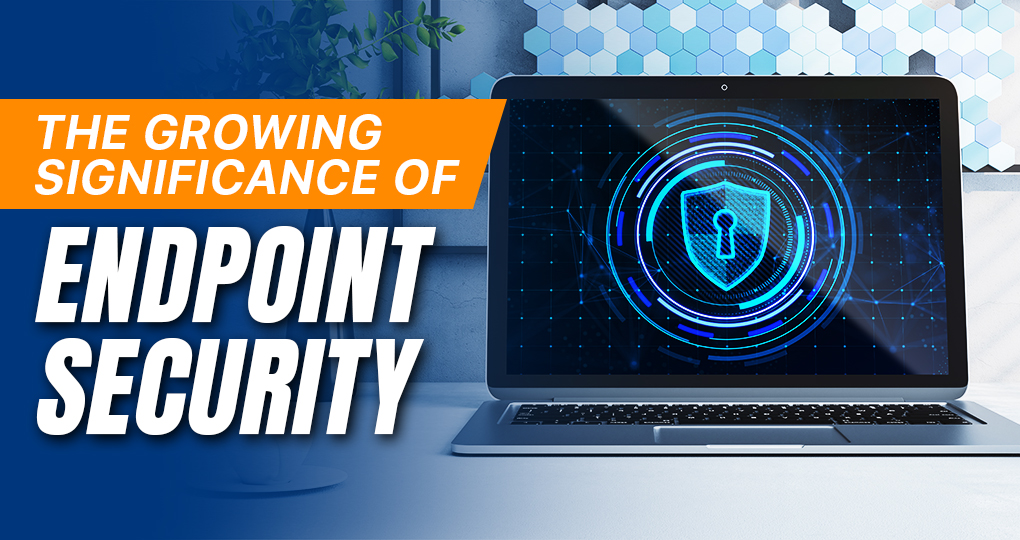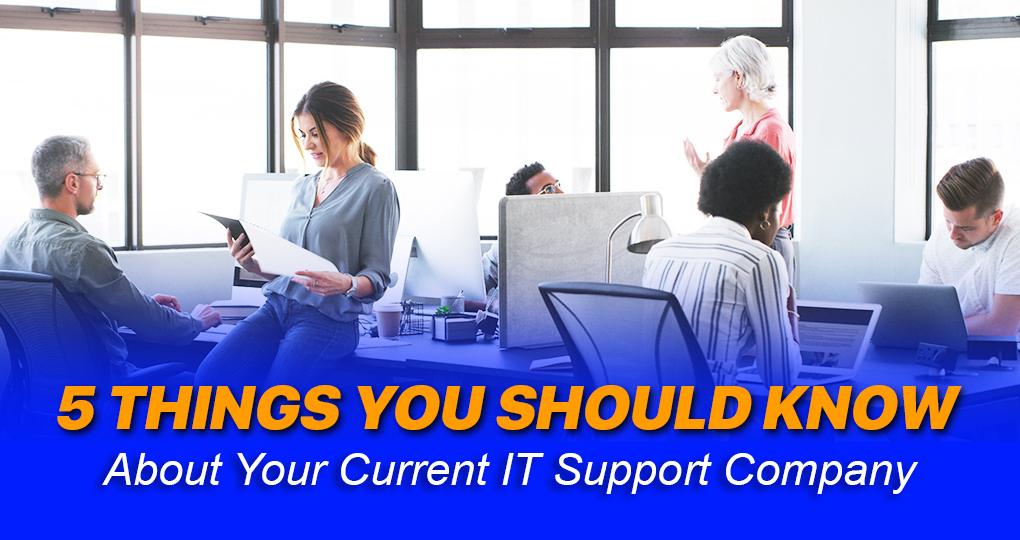As organizations strive to protect their sensitive data and maintain a robust security posture, the role of artificial intelligence (AI) in cybersecurity has emerged as a game-changer. AI-powered solutions offer a proactive and intelligent approach to identify, prevent, and mitigate cyber threats.
In this blog, we will explore the transformative potential of AI in cybersecurity and how businesses can leverage the expertise of IT companies to harness its power effectively.
5 Ways AI Is Changing Cybersecurity
Advanced Threat Detection
AI is revolutionizing business security by enabling advanced threat detection capabilities. Machine learning algorithms can analyze vast amounts of data, identify patterns, and detect anomalies that may indicate potential security breaches. This helps businesses proactively identify and respond to threats, minimizing the risk of data breaches and cyberattacks.
Behavioral Analytics
AI-powered behavioral analytics systems can monitor user behavior and identify deviations from normal patterns. By continuously learning and adapting to user behavior, these systems can detect suspicious activities, such as unauthorized access attempts or insider threats. This helps businesses detect and mitigate security risks in real-time, enhancing overall security posture.
Intelligent Authentication
AI is enhancing authentication processes by incorporating biometric technologies such as facial recognition, voice recognition, and fingerprint scanning. These advanced authentication methods provide stronger security measures compared to traditional passwords or PINs, reducing the risk of unauthorized access to sensitive business systems and data.
Automated Security Incident Response
AI-driven security solutions can automate the incident response process, enabling faster and more efficient threat mitigation. By leveraging machine learning algorithms, these systems can analyze security incidents, prioritize them based on severity, and initiate automated responses or recommendations for security teams to take immediate action.
Predictive Analytics for Risk Assessment
AI-powered predictive analytics can assess potential security risks by analyzing historical data, identifying trends, and predicting future threats. This helps businesses proactively address vulnerabilities, allocate resources effectively, and implement preventive measures to mitigate risks before they materialize.
What AI-Powered Cybersecurity Means For You
AI offers immense potential in enhancing cybersecurity by augmenting human capabilities, automating processes, and detecting and responding to threats in real-time.
With its ability to analyze vast amounts of data and identify patterns, AI can quickly identify anomalies and potential security breaches that may go unnoticed by traditional security systems. This proactive approach enables organizations to stay one step ahead of cybercriminals.
When it comes to selecting AI-powered cybersecurity solutions, it is essential to consider a few key factors. Firstly, the solution should have advanced machine learning algorithms that can continuously learn and adapt to new threats. This ensures that the system remains effective even as cyber threats evolve. Additionally, the solution should have robust data analytics capabilities to process and analyze large volumes of data efficiently.
Furthermore, the solution should integrate seamlessly with existing security infrastructure to provide a comprehensive defense mechanism. Compatibility with other security tools and systems allows for a holistic approach to cybersecurity, leveraging the strengths of both AI and human expertise.
It is also crucial to consider the reputation and track record of the AI solution provider. Look for established vendors with a proven history of delivering reliable and effective cybersecurity solutions. Consider factors such as their experience, customer reviews, and partnerships with industry-leading organizations.
Leveraging AI for cybersecurity is a matter of selecting the right solutions that are supported by AI capabilities. By choosing advanced AI-powered solutions with robust machine learning algorithms, data analytics capabilities, and seamless integration, organizations can enhance their cybersecurity posture and effectively combat ever-evolving cyber threats.
Don’t Overlook The Power Of AI
Overall, AI is transforming business security solutions and processes by providing advanced threat detection, behavioral analytics, intelligent authentication, automated incident response, and predictive risk assessment capabilities. These advancements empower businesses to stay one step ahead of cyber threats and protect their valuable assets.
As the cybersecurity landscape continues to evolve, businesses must stay one step ahead of malicious actors. Embracing the power of artificial intelligence in cybersecurity is no longer a luxury but a necessity.
By partnering with IT companies that specialize in AI-driven solutions, businesses can fortify their defenses, detect threats in real-time, and respond swiftly to mitigate potential damages. The future of cybersecurity lies in the hands of intelligent machines working in tandem with human expertise, and by harnessing this synergy, businesses can safeguard their digital assets and thrive in the face of ever-evolving cyber threats.
If you need expert assistance deploying or managing your AI-assisted security measures, reach out to our team.








